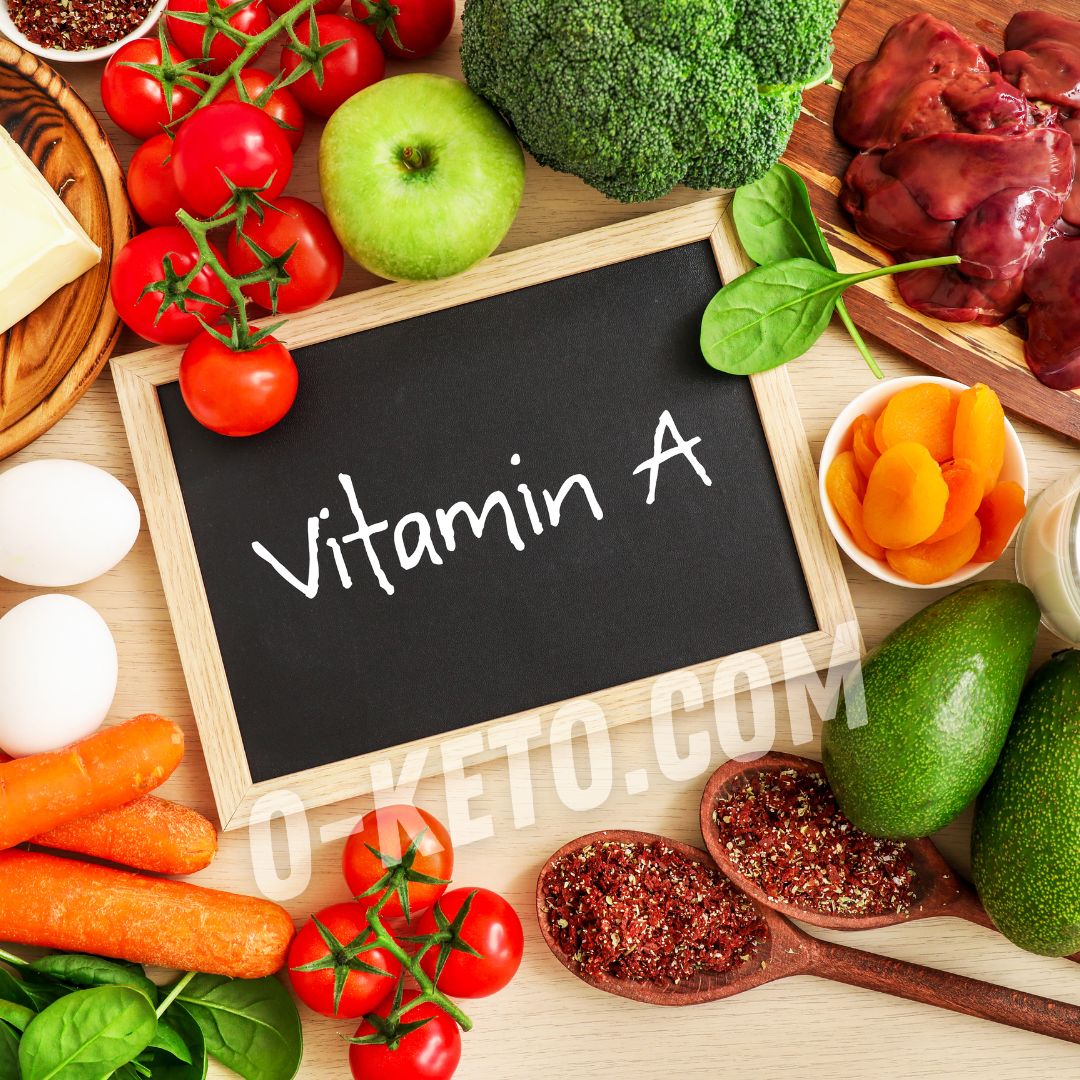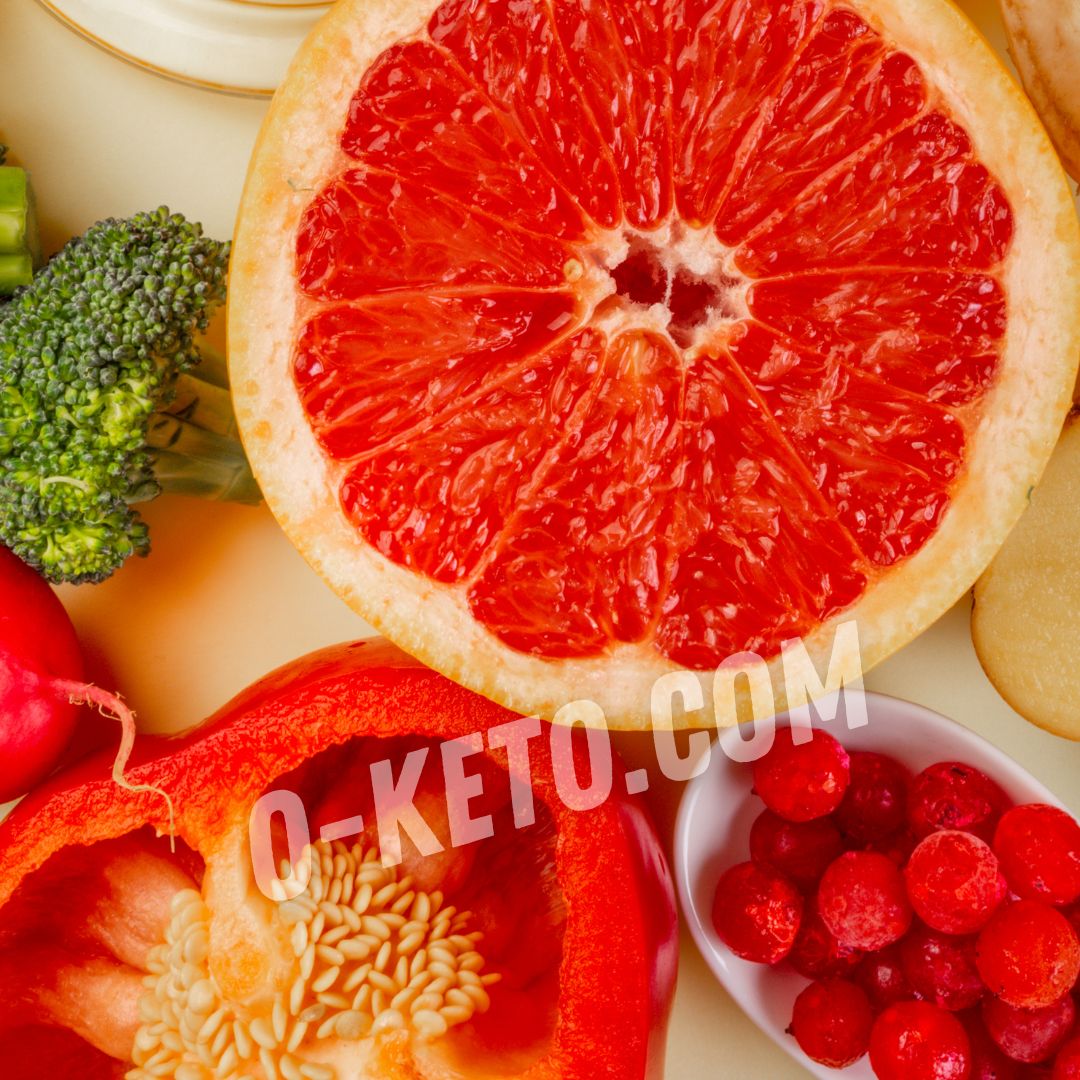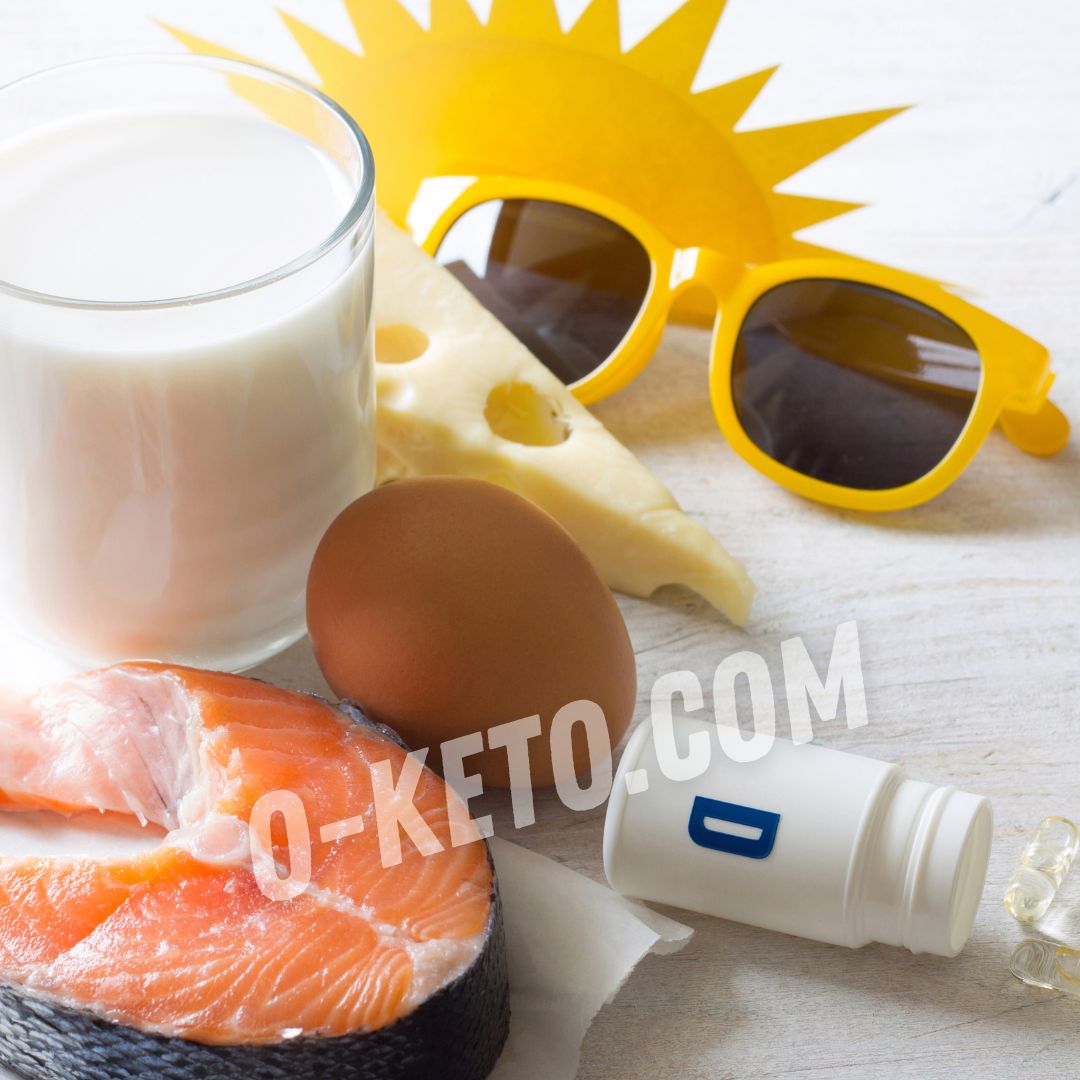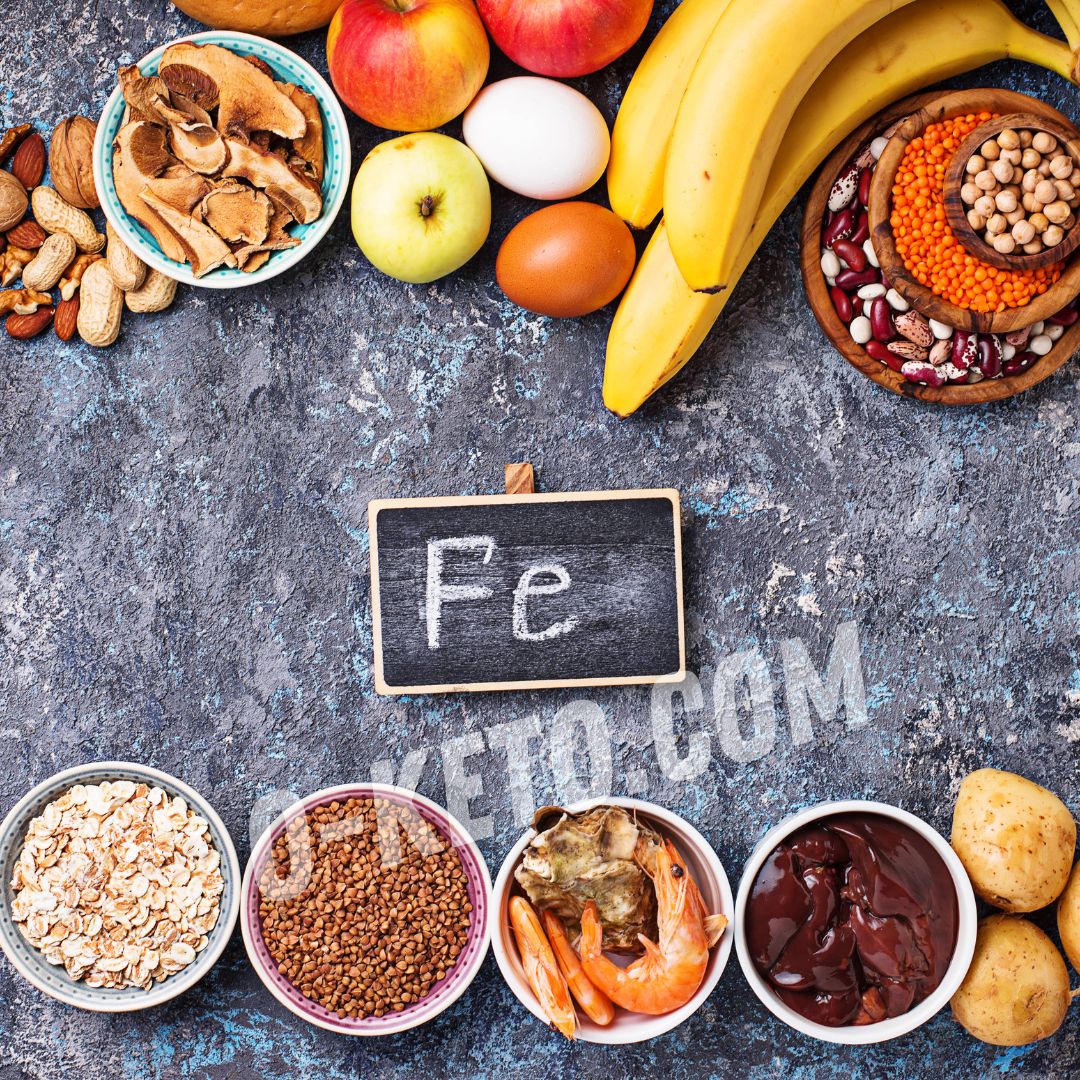To maintain immunity, vitamins A, C, D, as well as iron and protein are necessary.
These elements play an important role in strengthening the body’s defense mechanisms, aiding tissue repair, and protecting against infections.
Vitamin A
Vitamin A is responsible for the health of mucous membranes, which are the first line of defense against pathogens.
It also supports the normal functioning of immune cells, including T-lymphocytes and macrophages, which destroy viruses and bacteria.
Sources of vitamin A: liver (especially beef and chicken), egg yolks, fatty dairy products (butter, cheese), green and orange vegetables such as spinach, broccoli, and carrots.

The body can convert beta-carotene from plant foods (such as carrots and pumpkins) into active vitamin A, but this process is not efficient. To obtain one norm of vitamin A, the body spends 12-15 norms of beta-carotene.
Vitamin C
Vitamin C is one of the most well-known antioxidants, protecting cells from damage by free radicals.
It supports the activity of leukocytes, stimulates the production of interferons—proteins that fight viruses—and aids tissue repair by participating in collagen synthesis.
Sources of vitamin C: bell peppers (especially red), broccoli, Brussels sprouts, leafy greens, lemons, berries (cranberries, blueberries in moderate amounts).

Consume fresh vegetables and greens to preserve the maximum amount of vitamin C, as it is destroyed by prolonged heat treatment.
Vitamin D
Vitamin D is important not only for bone health but also for the immune system’s functioning. It helps activate T-lymphocytes, which are key defenders of the body against pathogens.
A deficiency of vitamin D is associated with increased susceptibility to colds and viral infections.
In the winter months, a lack of sunlight can lead to vitamin D deficiency, especially for residents of northern latitudes.
Sources of vitamin D: fatty fish (salmon, mackerel, sardines), egg yolks, cod liver and its oil, mushrooms (when grown under ultraviolet light).

If access to these products is limited, quality vitamin D supplements can be used.
Iron
Iron is necessary for the formation of hemoglobin, which transports oxygen to tissues, ensuring their normal functioning.
It is also needed for the synthesis of enzymes that support immune responses.
A deficiency of iron can weaken the immune system, causing fatigue and decreased resistance to infections.
Sources of iron: red meat (beef, lamb), liver, seafood (oysters, mussels), eggs, dark greens (spinach, Swiss chard).

For better iron absorption, combine it with foods rich in vitamin C (for example, meat with broccoli).
Protein
Protein is the building material for antibodies and immune cells.
Amino acids found in protein participate in tissue repair, hormone and enzyme synthesis, and inflammation control.
A deficiency of protein can weaken immunity, making the body more susceptible to infections.
Sources of protein: meat (beef, chicken, pork), fish (especially fatty varieties), eggs, bone broths, seafood.
Choose quality protein sources, avoiding processed products such as sausages or hot dogs.
Additional Recommendations
Zinc enhances immune responses and speeds up wound healing.
Sources: oysters, pumpkin seeds, beef, almonds.
Selenium protects cells from damage and promotes antibody production.
Sources: Brazil nuts (1-2 nuts a day), seafood, eggs.
Hydration: drink enough water to maintain normal metabolism and detoxification.
Recipes for Immune Support
We present to you 30 dishes containing a high amount of nutrients necessary for maintaining immunity:









































